1. Phoenix, AZ
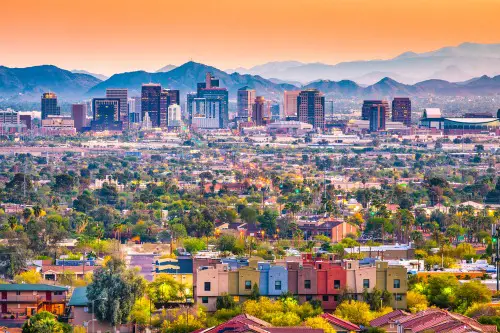
Phoenix was a popular spot during the pandemic housing rush, but experts say the market is cooling off fast. The extreme summer heat, water scarcity concerns, and overbuilding have led to concerns about the city’s long-term growth. Many investors are worried that the property values here may be peaking.
2. Denver, CO

Denver has been one of the fastest-growing cities in the country, but the market is showing signs of fatigue. Rising home prices, higher mortgage rates, and a limited inventory have priced out many potential buyers. With economic uncertainty looming, real estate agents are wary of Denver’s future.
3. Las Vegas, NV
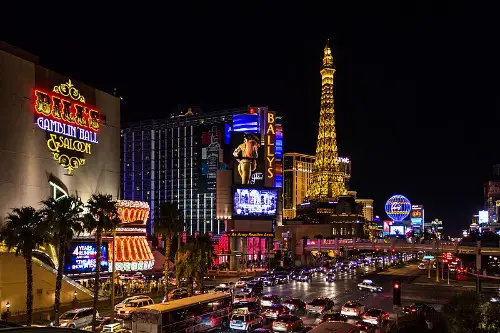
Vegas saw a real estate boom during the pandemic as people fled more expensive cities. However, experts believe that the market has already peaked. With rising interest rates and the city’s heavy dependence on tourism, which can be unpredictable, property values may not see strong growth moving forward.
4. Seattle, WA
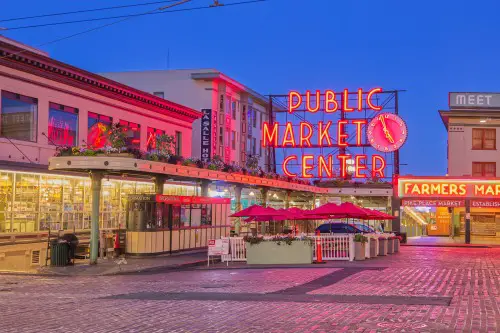
Seattle saw a real estate boom during the pandemic, but now it’s experiencing a slowdown. With tech layoffs affecting companies like Amazon and Microsoft, the once-thriving market is seeing prices cool off. Add to that the rising property taxes and stricter zoning regulations, and Seattle’s housing market might not be the goldmine it once was.
5. Honolulu, HI

Yes, Hawaii sounds like paradise, but buying property in Honolulu can be anything but. The high cost of living, limited space for expansion, and increased climate risks (think hurricanes and rising sea levels) make it a risky investment. Plus, many locals are leaving due to unaffordable housing, leading to declining demand.
6. Los Angeles, CA

LA’s real estate market has been struggling to keep up with its reputation as a desirable place to live. The city faces issues with homelessness, high cost of living, and traffic congestion, which are driving people away. Additionally, wildfires and water shortages have made property in the region a risky long-term investment.
7. Miami, FL
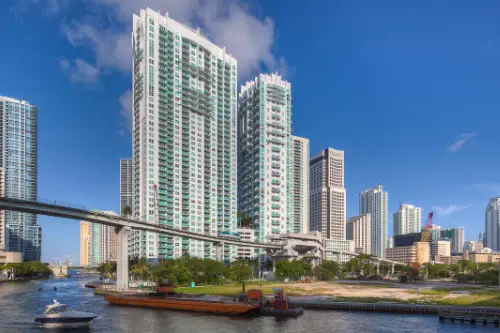
Miami has had its moment in the sun, literally and figuratively, but experts are warning that it may not be the best place to invest going forward. Climate change and rising sea levels are a real threat, especially for beachfront properties. Additionally, the market has seen skyrocketing prices that may not be sustainable.
8. Portland, OR
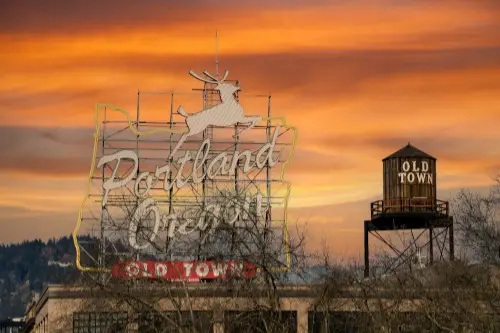
While Portland was once a top destination for those seeking a laid-back lifestyle, the city has seen a significant increase in crime and homelessness in recent years. Combine this with high property taxes and a slower job market, and it’s not exactly a great time to invest here.
9. Chicago, IL
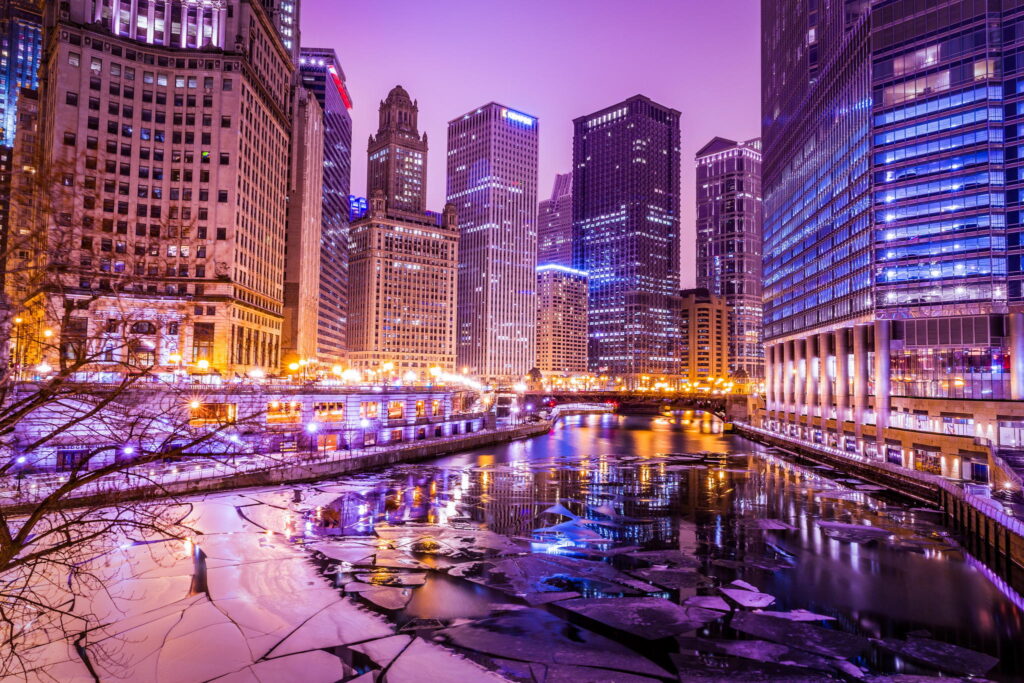
Chicago’s housing market has been stagnating for years due to high crime rates, budget deficits, and rising property taxes. While it’s still affordable compared to coastal cities, the lack of population growth and economic uncertainty in the area means that home values might not rise significantly in the near future.
10. Washington, D.C.
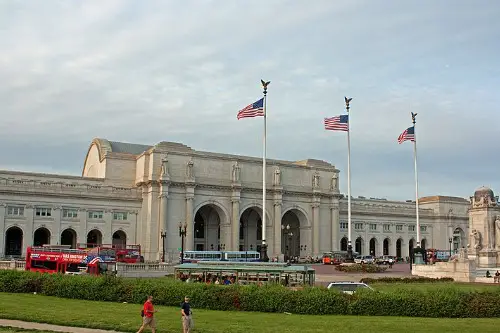
The nation’s capital has always had high property prices, but recent trends are pointing towards a potential downturn. With a declining federal workforce and growing remote work flexibility, demand for property in D.C. has slowed down. Plus, high property taxes and regulatory hurdles make it tough for investors.
11. San Francisco, CA
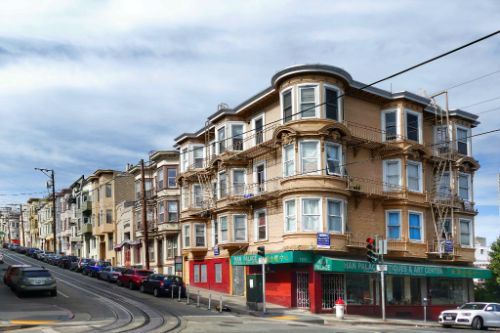
San Francisco has long been a pricey place to buy property, but things are changing. The city’s tech sector slowdown, combined with high taxes and a declining population, means that property values may not see the appreciation they once did. Plus, with remote work becoming the norm, more people are opting for more affordable areas outside the Bay Area.
12. New York City, NY

While the Big Apple will always have a unique allure, its real estate market is facing a rough patch. High property taxes, expensive living costs, and shifting demographics—thanks to people leaving for more affordable states—make it a risky market. There’s also the ever-present issue of older buildings needing expensive updates, which can be a headache for investors.
13. Austin, TX

Austin saw a massive influx of tech workers during the pandemic, which sent property prices skyrocketing. But now, with rising mortgage rates and potential tech layoffs, the market is cooling. The city’s rapid expansion may have also led to overvaluation, making it a less attractive option for investors.
14. Minneapolis, MN

Minneapolis faces a perfect storm of challenges: high property taxes, cold winters, and an uncertain economic climate. While the city has a relatively affordable cost of living, it’s experiencing slow job growth. Combined with a shrinking population, this makes Minneapolis a risky market to invest in.
15. Salt Lake City, UT
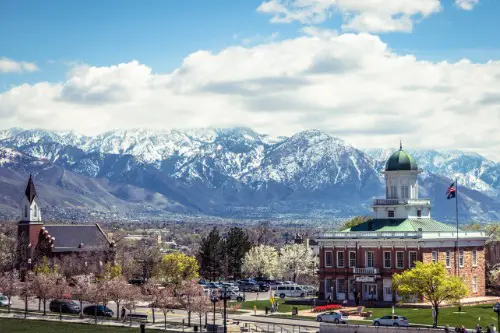
Salt Lake City has seen a surge in popularity, but it may be nearing its peak. Housing prices have jumped, and the once-affordable city is now becoming out of reach for many locals. Plus, concerns about water scarcity and extreme weather conditions make investing here riskier than it appears.


